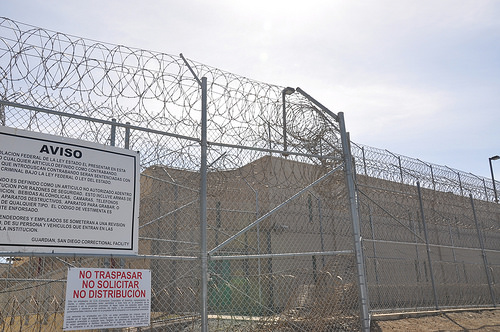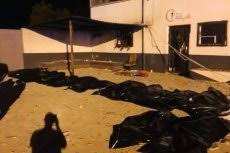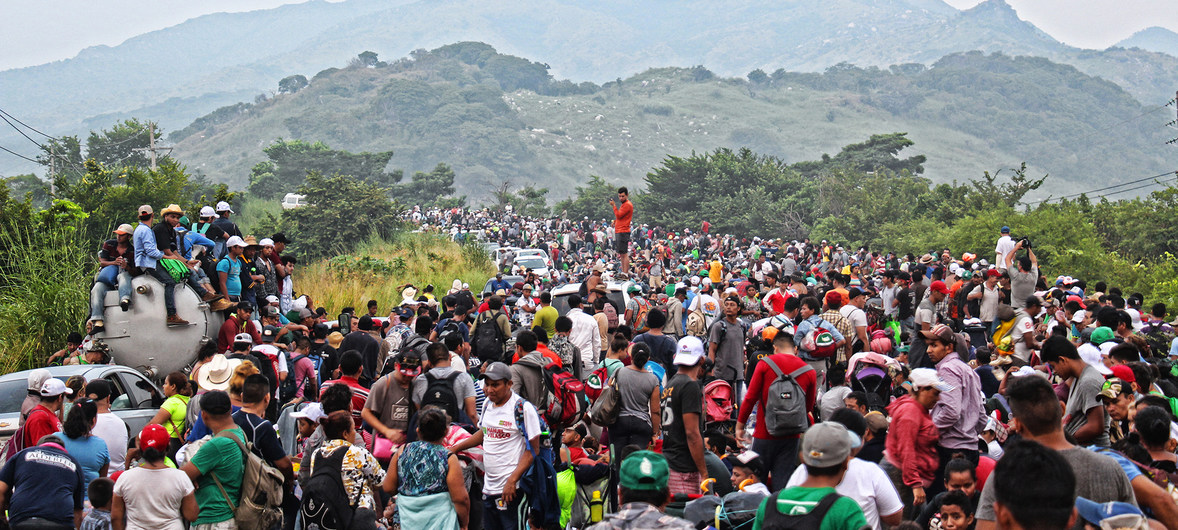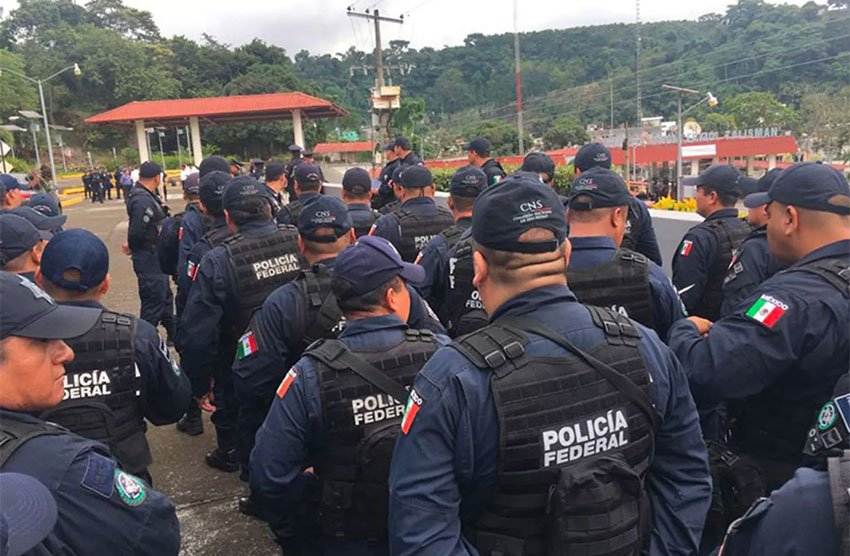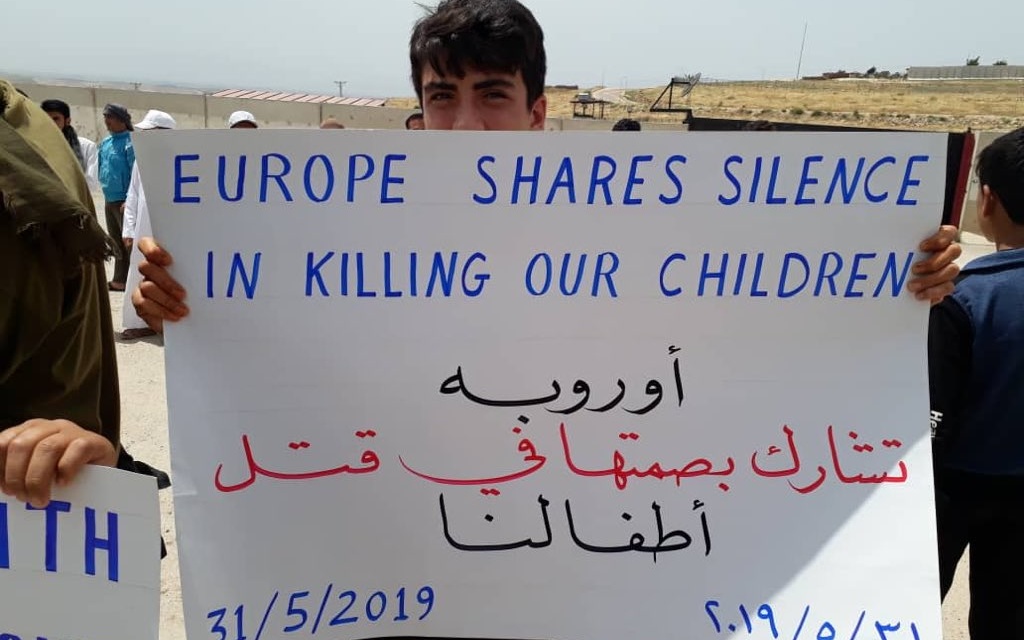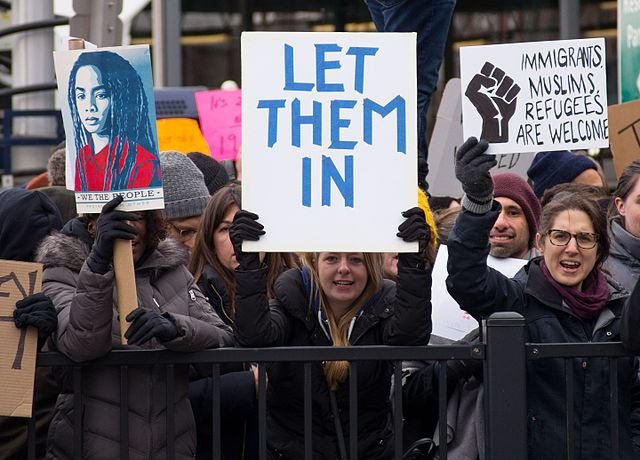
Judge rules Trump asylum ban illegal
A judge for the US District Court for the District of Columbia ruled against the Trump administration’s ban on asylum requests for people who illegally cross the border. The administration issued the rule in late 2018, prohibiting migrants from applying for asylum except at legal ports of entry. The plaintiffs sought summary judgment to have this rule declared illegal under the Immigration & Nationality Act. Judge Randolph Moss agreed, writing: “[A]liens have a statutory right to seek asylum regardless of whether they enter the United States at a designated port of entry, and defendants may not extinguish that statutory right by regulation or proclamation.” (Photo: Wikimedia Commons)




